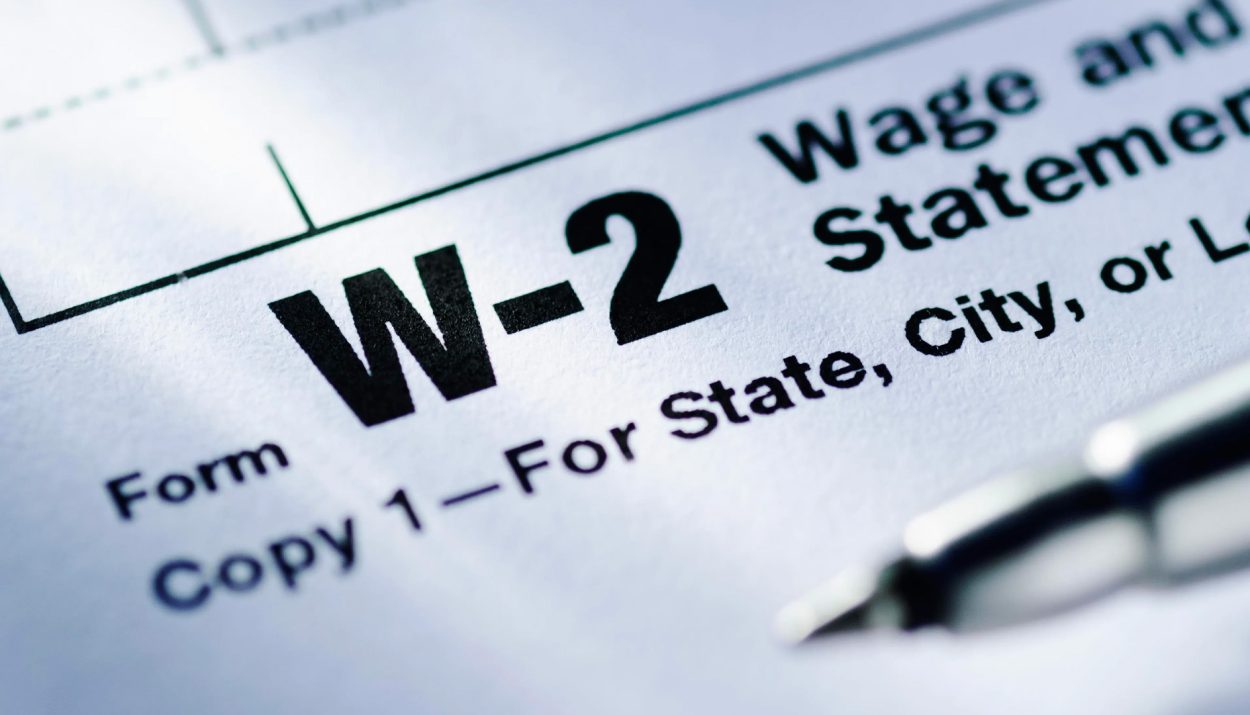The tax season is upon us once more. To that end, the IRS is warning people and health plan administrators that personal expenses for overall health and wellness aren’t seen as medical expenses by law. They’ve clarified this so people don’t get confused about it.
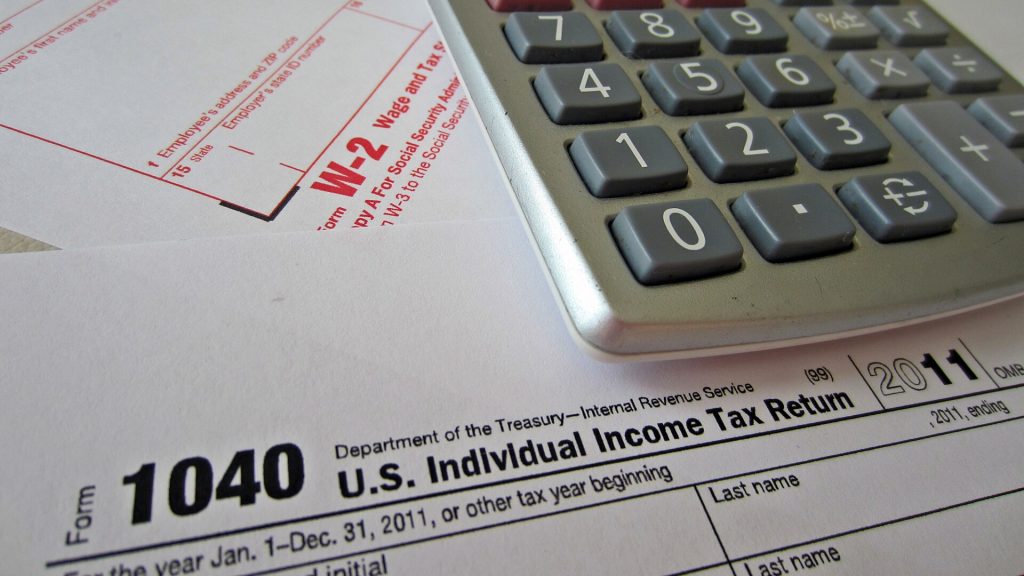
Last Wednesday, the IRS sent out a press release. In it, they reminded folks filing their taxes that health expenses for issues like weight loss are not eligible for deduction or reimbursement under health flexible spending, health savings accounts, health reimbursement, and the like. They also warned the public to beware of companies claiming otherwise.
Beware Misleading Medical Expense Claims
Danny Werfel, the IRS commissioner, said in a statement that legitimate medical expenses play a vital role in tax law for reimbursements.

He warned taxpayers to adhere to the rules, especially with aggressive marketing implying that personal spending, such as on weight loss food, qualifies for reimbursement when it doesn’t meet the criteria as medical expenses.
Doctor’s Note Not Enough
According to the IRS, despite what some companies say, having a doctor’s note based on self-reported health info isn’t enough to make nonmedical nutritional, wellness, or exercise programs eligible for reimbursement.

Legally, these notes don’t support a targeted diagnosis-specific activity or treatment that qualifies as medical expenses. Instead, it’s listed as personal expenses.
Food Not A Medical Expense
In essence, food isn’t a medical expense, and companies offering doctor’s notes to support flexible spending account claims are misleading clients.

“FSAs and other health spending plans that pay for, or reimburse, non-medical expenses are not qualified plans,” the IRS wrote. “If the plan is not qualified, all payments made to taxpayers under the plan, even reimbursements for actual medical expenses, are includible in income.”
IRS Reminds Taxpayers To Report All Income
As Americans prepare to do their taxes, the IRS reminds everyone that they’re required to report all the money they make.
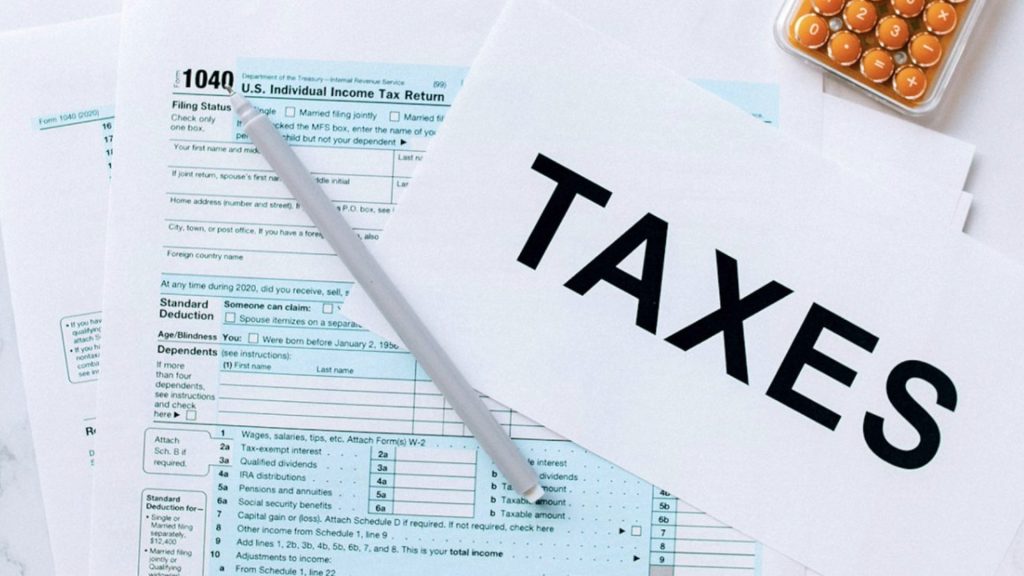
This includes earnings from digital assets transactions, work in foreign countries, the gig economy, and the service industry. Digital assets include cryptocurrency, virtual cash, stablecoins, and non-fungible tokens.
Doing The Rounds On Social Media
Requests like these from The IRS sometimes go viral on social media, with users making jokes about them. In one of the requests, the IRS demands that taxpayers report income from illegal activities like theft and drug dealing.

“Income from illegal activities, such as money from dealing illegal drugs, must be included in your income on Schedule 1 (Form 1040), line 8z, or on Schedule C (Form 1040) if from your self-employment activity,” the IRS publication 525 states.
Reporting Stolen Property As Income: IRS Reminder Goes Viral
The publication also states that if you steal property, you should report its fair market value as income for that year, unless you return it to the rightful owner within the same year.

“Don’t forget to report your income from illegal activities and stolen property as you’re doing your taxes this year,” one social media user posted on X, formerly known as Twitter, sharing the IRS 2023 documentation for preparing 2023 returns. The post received over 6.8 million views.
What Do I Need To File My Tax Return?
Here are a few tips to help you navigate through the process. While the required documents might depend on your individual case, a few documents are general.

For example, you’ll need your Social Security number, W-2 forms if you have a job, and 1099-G if you’re unemployed. If you’re self-employed, you’ll need 1099 forms.
Tax Filing Tips: Online Advantage
Keep records of your savings, investments, and any deductions or credits you’re eligible for, like school expenses or charitable donations. It’s also good to have last year’s documents if your finances changed a lot.

You can file your taxes either online or by mail. Filing online is much faster. It takes just about three weeks compared to six months if you decide to use mail.
IRS Programs To Assist You With Tax Filing
The IRS has also put out a program called Direct File. It lets you file your federal taxes online for free. Right now, it’s in 12 states like California and New York. It’s for folks with basic W-2 forms, which show your wages and taxes.
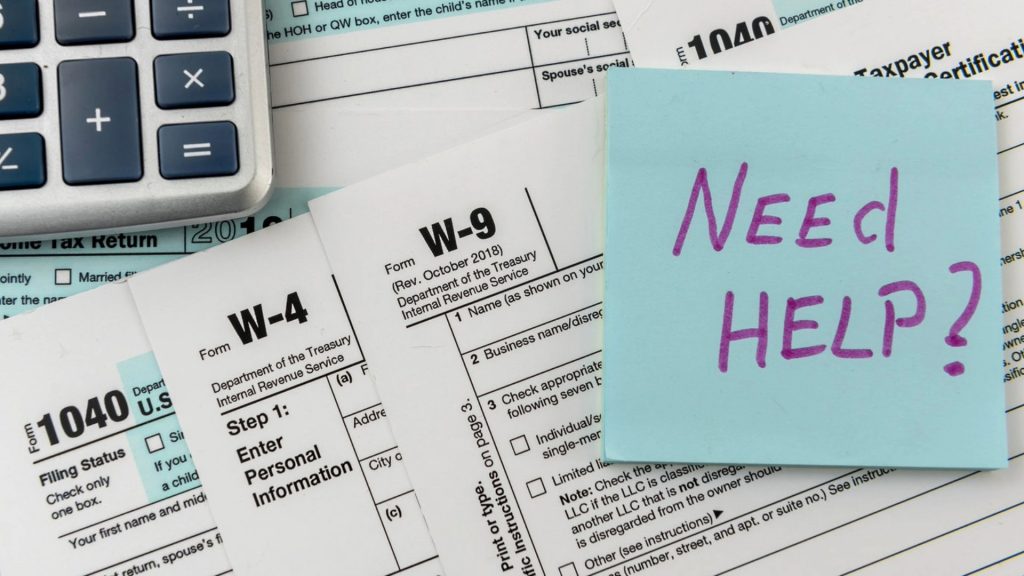
Besides Direct File, the IRS offers free guided tax prep. It does the calculations for you. It’s for folks making $79,000 or less each year. If you’re stuck on your tax forms, the IRS has an online tool that can answer your questions based on what you tell it.
Options Beyond Big Names
Apart from well-known companies such as TurboTax and H&R Block, taxpayers can also hire licensed professionals. For example, you can employ the services of certified public accountants. The IRS offers a directory of tax preparers across the United States.

The IRS also offers two free programs that can assist with your tax problems; VITA and the Tax Counseling for the Elderly program (TCE).
Specialized IRS Programs Aid Taxpayers
The VITA program is for people who earn $64,000 or less within a year, limited English speakers, or people with disabilities. TCE is for folks aged 60 or older. You can find VITA and TCE clinics on the IRS website.
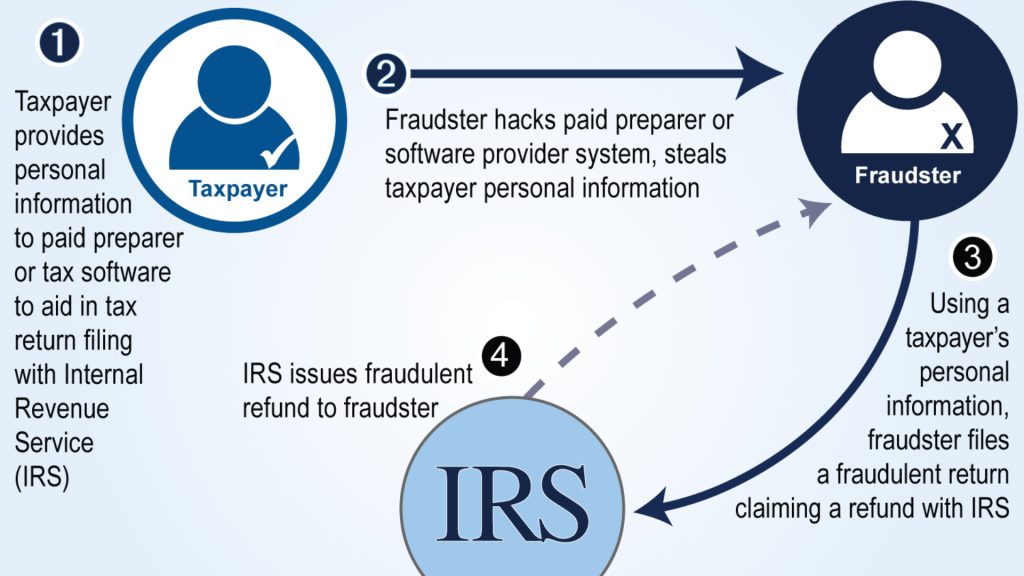
If you’re facing tax issues, there are clinics across the country that can assist you. These clinics provide help in languages like Spanish, Chinese, and Vietnamese.
What About The Child Income Credit?
Earlier this year, Congress agreed on a bipartisan bill to improve the child tax credit. Right now, it’s $2,000 per child, but only $1,600 of that can be refunded. The plan is to gradually increase the maximum refundable child tax credit to $1,800 for 2023 taxes, $1,900 for the next year, and $2,000 for 2025 taxes.

If this plan passes, roughly 16 million kids in low-income families will benefit from this expanded child tax credit, according to the Center on Budget and Policy Priorities. Lawmakers want to push this bill forward as quickly as they can.
What If I Make A Mistake?
Mistakes can occur, and how the IRS handles them varies based on the situation. Usually, if you make an error or something is missing from your tax records, the IRS will make an audit. An audit involves the IRS requesting additional documentation from you.

“Generally, they are very understanding and willing to work with folks. You’re not going to get arrested if you type in the wrong field,” Courtney Alev, a consumer financial advocate for Credit Karma said.

